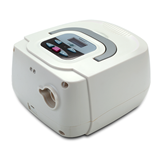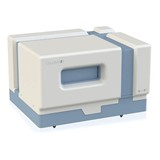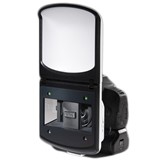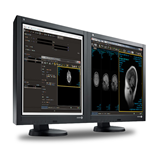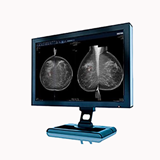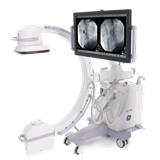The engineers from the University's Institute of Biomedical Engineering and Technology (BMET) are hosting the annual Computer Graphics International conference held in Sydney.
The conference brings together the biomedical / biological imaging engineers and big data experts as well as computer graphic designers and scientists said Dr Jinman Kim, conference program chair and specialist in medical image analysis.
"3D medical imaging systems, such as X-ray and magnet resonance, changed modern diagnostics in the late 1970s, giving insight into the human body that saved countless lives and providing the medical profession with the tools for earlier diagnosis of tumours, heart diseases and other conditions, " said Dr Kim.
"An increasing reliance on medical imaging is producing vast amounts of data within healthcare that are difficult to adapt using conventional technologies.
How to best extract data
"The challenge facing clinicians is how best to extract or identify relevant information from these massive data sets.
"We are now employing digital graphic technologies familiar to those used in the design of computer games," said Dr Kim.
"The fundamental concepts behind video games, computer graphics or virtual reality are very similar. They all share foundations and we are now applying them to the development of biomedical imagery.
Medical imagery data is becoming more and more realistic with biomedical engineers close to creating lifelike graphics.
"We are not far off human avatars that will record and register the medical history of a person and look similar to the virtual characters of videogames such as Minecraft, Halo or Grand Theft Auto," said Dr Kim.
Working with clinicians based at the Royal Prince Alfred hospital, BMET has already developed a 3D 'virtual human body', programmable to an individual's medical history and viewable on mobile devices.




